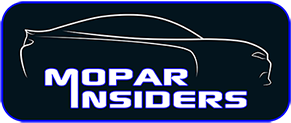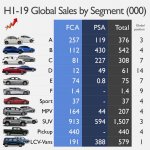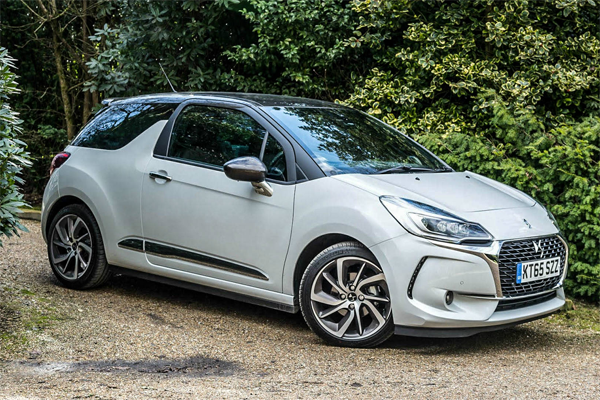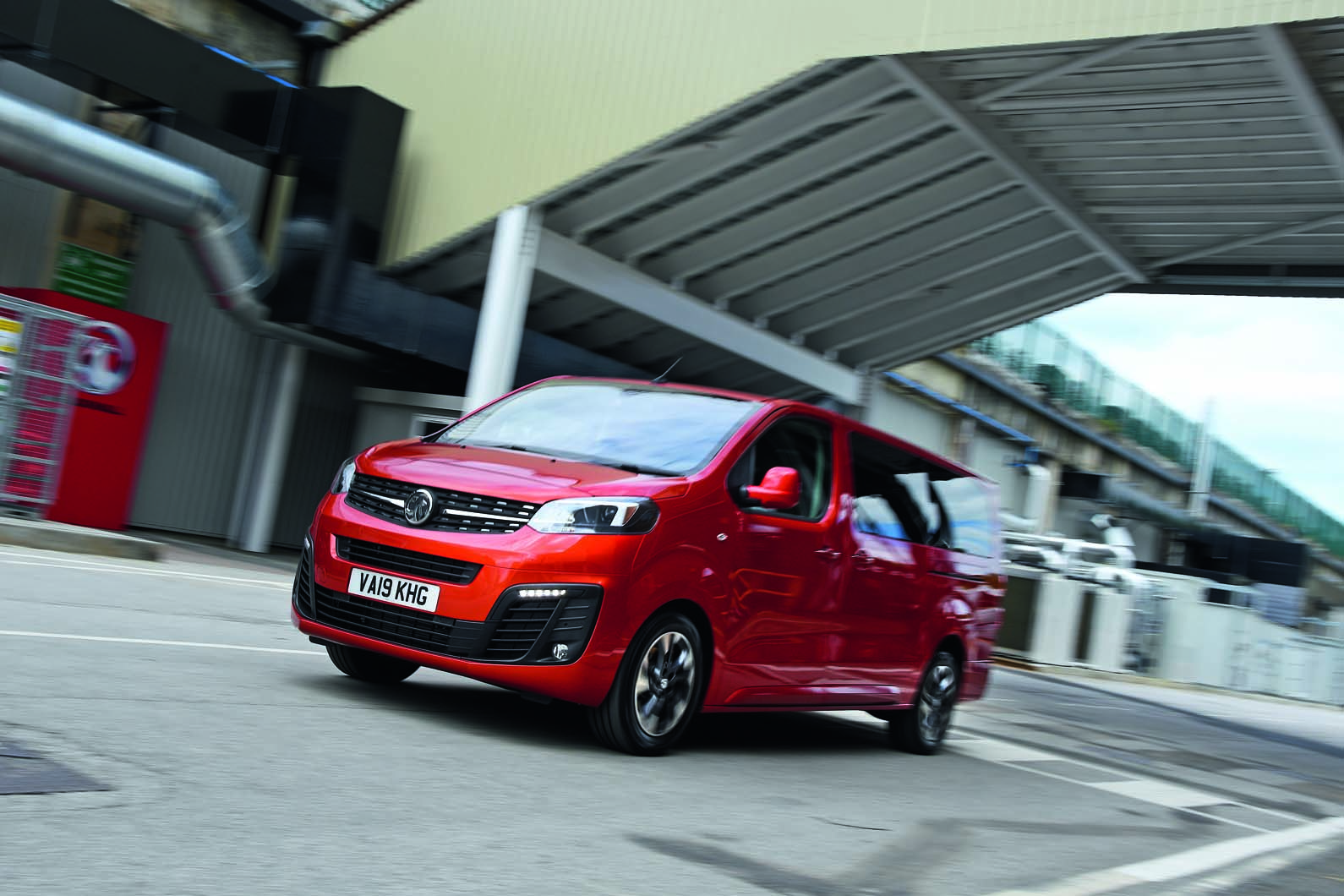PSA Group and Fiat Chrysler Automobiles have no plans to scrap any of their brands following their $50 billion merger, PSA CEO Carlos Tavares told a French television station.
The proposed combination of of the two groups would create the world's fourth-largest automaker with 8.7 million in annual vehicle sales. It would
bring together 13 brands including Jeep, Ram, Opel/Vauxhall, Peugeot, Citroen, Alfa Romeo and Maserati.
Industry watchers have questioned whether PSA-FCA will need all the brands, especially since some of Fiat Chrysler's brands need heavy investments to renew their lineups and also because of the risks of brands competing against each other for sales.
"It is part of the challenge to properly manage these brands to cover the market,"
Tavares told BFM Business on Friday.
"I see that all these brands, without exception, have one thing in common: they have a fabulous history," Tavares said. "We love the history of car brands, it gives us a foundation on which we can project ourselves into the future. So today, I don't see any need, if this deal is concluded, to remove brands because they all have their history and they all have their strengths."
Tavares said the merged group "would indeed have a significant number of brands" but said the number would be lower than Volkswagen Group's tally.
VW Group has 10 passenger vehicle brands, if newer Chinese ones such as electric vehicle label Sihao are included.
Tavares said the companies complemented each other well geographically and in terms of technology and brands.
"There's no doubt it's a very good deal for both parties. It's a win-win," he said.
FCA derives 66 percent of its revenue from North America compared with only 5.7 percent for PSA, Refinitiv Eikon data shows. Europe remains the main revenue driver for PSA.
Tavares is seen as the architect of PSA's turnaround and is in line to take the operational helm as CEO in the tie-up.
Potential job losses
One of thorniest aspects of the deal are the potential job losses at stake in a group with a combined workforce of around 400,000, with governments in Rome and Paris as well as unions poring over the implications.
Tavares reaffirmed that the companies could reach billions of euros in annual cost savings without closing factories. But he did not rule out job cuts when pressed, only stating: "That's the car industry, it's not about PSA."
"Margins are continually under pressure and you have to permanently be looking for productivity gains," he said, pointing to stricter regulations on everything from safety to pollution.
The automakers are targeting annual cost savings of 3.7 billion euros ($4.09 billion) as part of a planned merger, which was unveiled at the end of October.
Tavares said the automakers will target productivity improvements over time.
The deal would help the companies to pool resources to meet tough new emissions rules and investments in electric and self-driving vehicles, as well as counter a broader downturn in car markets.
PSA and FCA have said they aim to reach a binding outline in the coming weeks.
The merger will also require approval from anti-trust authorities.
Tavares said the two groups are willing to make all necessary concessions to get a green light from the European Union. "Given all the necessary regulatory approvals that need to be granted, such a deal cannot be closed in less than a year," he said.
He said the companies remained prudent, adding that he has seen transactions scuppered when parties got into the details. Talks towards a binding agreement were evolving favorably, he said.
FCA Chairman John Elkann, who would chair the combined group, said on Friday at an event in Turin that the 50-50 share merger would help the automaker "seize great opportunities."




